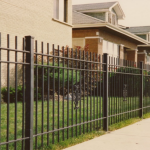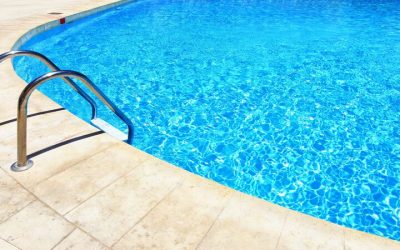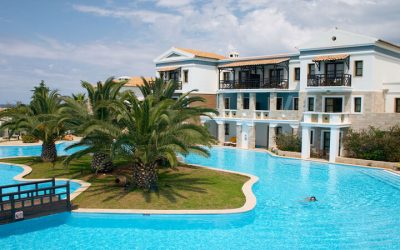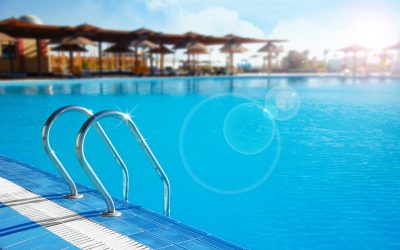When it comes to transforming your backyard into a luxurious oasis, few projects can have as significant an impact as pool construction. A pool provides not only a place to relax and entertain but also boosts the aesthetic and value of your home. If you’re considering pool construction in Glendale, there are several factors you should consider to ensure your project is a success.
From design considerations and local regulations to material choices and installation steps, building a pool requires careful planning and expertise. In this guide, we’ll cover all the essentials to help you make informed decisions throughout the process.
Understanding Pool Construction: What Does the Process Involve?
Pool construction is a multi-step process that includes everything from initial design to final installation. It requires specialized knowledge and skills to ensure the project is completed efficiently, safely, and to your satisfaction. Below, we’ll break down the typical stages of pool construction, so you know what to expect at each step.
1. Initial Consultation and Design
The first step in any pool construction project is the design phase. This is when you meet with a professional pool builder to discuss your vision for your new pool. During the consultation, the builder will take the time to understand your goals, budget, and the style of pool you’re interested in. They’ll also assess your outdoor space to determine what’s possible within the available area.
2. Obtaining Permits and Approvals
Before any construction can begin, the necessary permits must be obtained. Pool construction is regulated by local authorities, and Glendale has specific requirements when it comes to building pools. These regulations can include guidelines on pool depth, fencing, and other safety measures.
A professional pool builder is familiar with these regulations and will ensure that all required permits are in place before starting construction.
3. Excavation and Structural Work
Once the design is approved and permits are secured, the next step is excavation. This is when the ground is dug to make room for the pool’s structure. Excavation is a crucial part of pool construction because it forms the foundation of the entire project. The depth and shape of the excavation will depend on the design of your pool.
4. Plumbing and Electrical Work
After the pool structure is in place, the next phase involves installing the plumbing and electrical systems. This includes the water supply lines, filtration system, lighting, and any other electrical elements you’ve chosen, such as pool heaters or water features.
5. Finishing Touches: Tile, Coping, and Pool Equipment
Once the structural elements are in place and the plumbing and electrical work are complete, it’s time for the finishing touches. This includes installing the pool’s coping (the stone or material that lines the top edge of the pool), tiling, and any other decorative features.
6. Landscaping and Final Inspection
The final stage of pool construction involves landscaping and the final inspection. Landscaping is an essential part of the project, as it ties the pool to the surrounding environment. Whether you want tropical plants, stone pathways, or a lush green lawn, landscaping will complete the look of your pool area.
Key Considerations for Pool Construction in Glendale
Building a pool is a significant investment, and there are several factors you should consider to ensure the project is a success. Here are some essential things to keep in mind when planning pool construction in Glendale:
1. Budget and Financing
Before diving into pool construction, it’s important to establish a clear budget. The cost of building a pool can vary significantly depending on the size, design, and features you choose. Make sure to account for both the construction costs and any additional expenses, such as landscaping, fencing, and ongoing maintenance.
2. Pool Design and Features
Your pool design should reflect both your aesthetic preferences and practical needs. Consider factors such as the pool’s shape, size, and depth, as well as any special features like waterfalls, spas, or built-in seating areas. If you plan to use your pool for exercise, a lap pool or a deeper pool may be the best option.
3. Energy Efficiency and Maintenance
Pools require regular maintenance to stay clean and safe, so it’s essential to invest in energy-efficient systems. From LED lighting to energy-saving pool pumps and heaters, there are many ways to make your pool more eco-friendly and reduce ongoing costs.
Why Choose the Right Pool Construction Provider?
Choosing the right pool construction provider is crucial to ensuring the success of your project. The right builder will offer professional design, high-quality materials, and expert installation to create a pool that not only meets your expectations but exceeds them.
A reliable pool construction provider, like Palo Verde Pools, can guide you through the entire process, from design to completion, ensuring that your pool is built to the highest standards.








